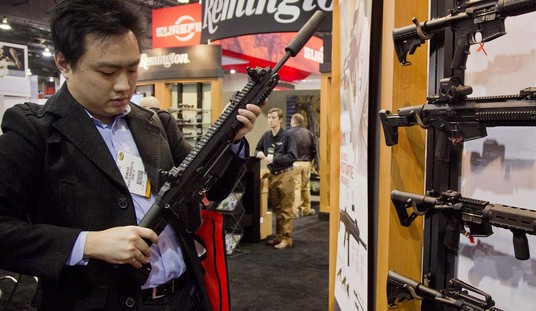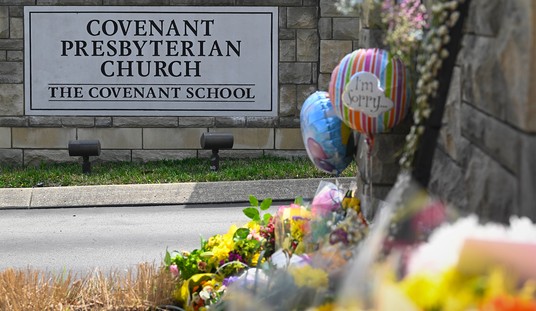As a Georgian, I have to tell you that I’ve heard more about the Midtown Music Festival in Atlanta since it was canceled than I ever heard about it before. While Atlanta is big, I can’t help but wonder just how great it would be for the city’s economy if just Atlantians were going to attend.
Economics doesn’t work that way.
Yet some are calling the cancelation a blow to the city’s economy. That’s from the headline of this LA Times op-ed that seeks to offer an “alternative.”
Bad gun laws have claimed yet another victim, but not the kind you might be thinking of. This year’s Music Midtown Festival in Atlanta was recently canceled because the organizers believed Georgia law did not allow them to prohibit firearms at the event. The cancellation might have saved lives, but it cost the local economy an estimated $50 million. And there may have been a way to hold the festival while still allowing organizers to prohibit firearms at the event.
The cancellation of the Music Midtown Festival occurs at the intersection of two legal truths regarding gun law restrictions: Private landowners can exclude people with firearms, but cities and counties in Georgia cannot restrict firearms on public land. The music festival fell somewhere in between. It was going to be held in a public park that festival organizers had rented for two days. According to the lease, the festival could exclude people without tickets, but under recent Georgia case law, the festival could not exclude people carrying guns.
We can derive several important lessons from the cancellation of the festival. The first lesson is narrow: Georgia case law is plainly wrong. Any time the government temporarily transfers to a private party or entity the right to exclude others from a public space, that right should include the right to exclude people with firearms (no less than wedding crashers). The space is private, not public, for the duration of the lease.
Except that the land is still owned by the public and therefore can come with certain stipulations. That includes being unable to interfere with people’s right to keep and bear arms.
Yes, I know, the authors are Yale Law professors, which means they’re supposed to know more about the law than I do.
However, they’re not attorneys in Georgia and aren’t necessarily versed in the law here.
They have an alternative, though. A solution they say will allow the “problem” to be solved.
However, partial privatization of public land in this circumstance can provide a solution to this problem. Private landowners are not preempted by state law from prohibiting firearms on their property. My right to bear arms stops at your property line.
Except, in Georgia, it kind of does.
No, you can still determine you don’t want guns, but you can’t actually keep them out. You can ask anyone discovered to have a firearm to leave, but as long as they do so, there’s not much else you can do.
That’s true of all private property.
But the authors think this is a viable solution.
Short-term “privatization” through a lease could have solved Atlanta’s music festival problem. Although the Atlanta City Council cannot decide to ban guns in its parks because of state law, it is free to enter into a short-term lease — renting the park to a private party.
The council could have made it clear that the rental also transferred to the festival organizers the right to decide who could enter the event. Even in Georgia, with its misguided case law, cities have the right to transfer short-term ownership rights in land to private parties. The privatization approach has already been applied in Missouri.
And yet, the case that is generally blamed for this particular instance involved the Atlanta Botanical Gardens, which has a long-term lease with the city. The courts didn’t exactly side with the Gardens, so why would a music festival with an even shorter lease get preferential treatment?
Remember what I said about these guys not necessarily understanding stuff here in Georgia?
Further, I’m beyond sick of people pretending this law is somehow responsible for the cancelation of a music festival.
That case was from 2019. The law it’s based on is from years before.
In other words, the music festival organizers had years to figure this out. They had more than enough time to either find a private venue or make other arrangements with the musical acts in question. They had ample opportunity to adjust as needed so the festival could continue.
They didn’t.
Instead, they dragged their posteriors until it was too late to figure out anything else, then blamed the laws that had been on the books for years as if they were somehow new.
Had the law just been passed, they might have had something that would look like a point. Instead, though, what we have is a lot of talk by people who should know better saying the law is to blame for the organizers’ failure.
These two are just the latest examples of that.








Join the conversation as a VIP Member